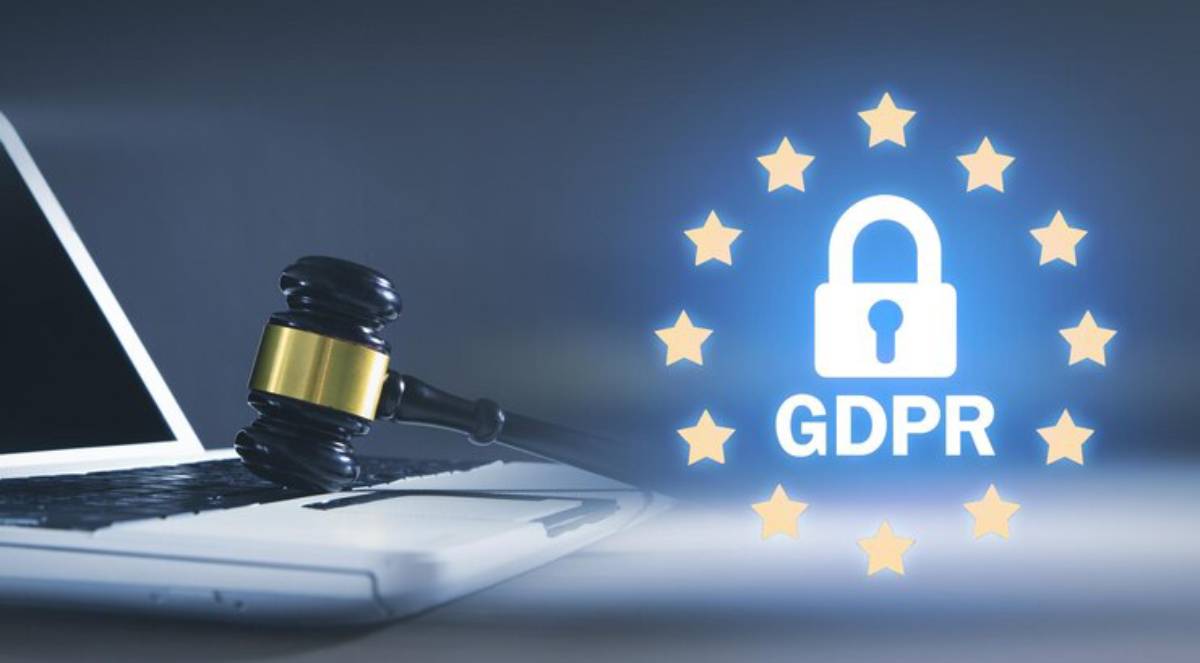
How to Implement GDPR Compliance in Your E-commerce Store
In today’s digital world, GDPR compliance is more than a legal step. It’s key to earning your customers’ trust. Not meeting GDPR standards can result in big fines and harm your reputation. Data protection and ecommerce rules matter more now, so compliance is key. Significant breaches show that even top brands can be at risk. So, staying compliant is very important.
Knowing how GDPR affects e-commerce is key. This matters whether you’re starting a new store or checking your current operations. Following these standards protects your business legally. It also shows you care about building ethical customer relationships.
Understanding the Core
GDPR, or the General Data Protection Regulation, started in May 2018. It changed how businesses manage personal data. GDPR protects the data privacy of EU citizens. It applies worldwide. If you handle data from EU residents, you must follow their rules, regardless of your location.
At its heart, GDPR is about transparency, accountability, and control. Customers should know what data you’re collecting, why you’re collecting it, and how you use it. They should also have the right to access, correct, or delete their data.
Key GDPR Principles:
- Lawfulness, fairness, and transparency: Always handle data legally and fairly. Clearly explain your practices to users.
- Purpose limitation: Only collect data for specified, explicit purposes.
- Data minimisation: Collect only the necessary amount of data.
- Accuracy: Ensure data remains correct and up to date.
- Storage limitation: Do not retain data longer than necessary.
- Integrity and confidentiality: Securely protect data against unauthorised access or loss.
- Accountability: Take responsibility for data protection and compliance.
Understanding these principles helps your e-commerce store follow regulations. It also builds trust with privacy-conscious consumers.
Quick Guide for GDPR Compliance
Here’s a simple checklist to help you with GDPR compliance for your e-commerce store:

- Update Privacy Policies: Create or revise a clear, accessible privacy policy.
- Audit Your Data Collection: Find all the places where you collect user data, including checkout, newsletter signup, account creation, and wishlists.
- Obtain Explicit Consent: Use opt-in mechanisms (no pre-checked boxes!) for newsletters, marketing, and cookies.
- Add a Cookie Banner: Let users know about cookie use as soon as they enter your site.
- Enable Data Access and Deletion Requests: Give users easy tools in their account dashboard or through contact forms
- Secure Data Transmission and Storage: Implement HTTPS across your website.
- Check Third-party Vendors: Ensure all third-party services, such as payment processors, email tools, and CRM systems, comply with GDPR rules.
- Staff Training: Educate your team about data protection best practices and GDPR obligations.
- Create a Data Breach Response Plan: Record every breach. Notify affected people and regulators within 72 hours if needed.
- Appoint a Data Protection Officer (DPO) if needed: This is required if you regularly monitor or process sensitive data on a large scale.
Step-by-Step Guide (How to Practise)
1. Perform a Data Inventory
- Conduct a thorough review of all systems, platforms, and tools used.
- Document what data is collected, where it’s stored, and who has access.
2. Analyse and Minimise
- Question whether each data point is necessary.
- Remove any fields or processes that collect redundant or sensitive information unnecessarily.
3. Update Legal Documents
- Update all legal documents: privacy policies, cookie notices, terms of service.
- Ensure accessibility and include summaries for easier comprehension.
4. Integrate GDPR Features in Your Platform
- Many e-commerce platforms offer GDPR-specific apps or plugins; leverage these for compliance.
- Allow users to easily manage preferences.
5. Test, Test, Test
- Run mock scenarios, like data deletion requests. This checks if processes are efficient and compliant.
6. Launch and Communicate
- Announce privacy policy updates through email campaigns and website banners.
- Emphasise your commitment to user privacy.
Pro Tip: If you use Shopify, WooCommerce, or Magento, try a GDPR compliance plugin or tool. Tools like Termly or Cookiebot simplify consent management.
Important Note: Consent must be freely given, specific, informed, and unambiguous. Silence, pre-ticked boxes, or inactivity do not constitute consent.
Best Practices & Additional Insights
- Anonymise user data whenever you can. This protects identities and lowers compliance risks.
- Regular Audits: Audit every 6 to 12 months. This helps find new data collection points or vulnerabilities.
- GDPR and privacy laws evolve. Subscribe to GDPR-focused newsletters or legal briefings.
- Embed privacy as a core value. Train customer support teams to handle data queries sensitively and efficiently.
Success story: A UK fashion retailer cut data collection fields by 40%. This improved GDPR compliance and raised checkout conversion rates by 18% in just three months.
FAQs
Q1: Does GDPR apply to small e-commerce businesses?
Yes, GDPR applies to all businesses processing EU residents’ data, regardless of size.
Q2: What are the fines for non-compliance?
Fines can reach up to €20 million or 4% of your global annual turnover — whichever is higher.
Q3: Can I still use Google Analytics?
Yes, but you need to anonymise IP addresses. Also, update your privacy policy. Lastly, get user consent before setting cookies.
Q4: What is the difference between a data controller and a data processor?
The controller decides why and how to process data. The processor follows the controller’s instructions.
Q5: Do I need a DPO?
Only if you handle large amounts of sensitive data or often monitor many people, for most small businesses, a DPO is not mandatory but having a privacy expert can be beneficial.
Q6: What is the “Right to be Forgotten”?
Individuals can request to delete their personal data under GDPR. This applies when the data is no longer needed for its original purpose or if the consent.
Conclusion: How to Implement GDPR Compliance in Your E-commerce Store

Getting GDPR compliant in your e-commerce store isn’t a one-time job. It’s a continuous promise to protect data and build customer trust. By following this guide, you avoid fines. You also build a safer, more trustworthy brand that values privacy.
Ready to make your store GDPR compliant and win customer trust? Start with a thorough audit today — your customers (and future self) will thank you!
For more tips on e-commerce success, see our guides on:
- Boosting customer loyalty
- Optimising checkout processes


